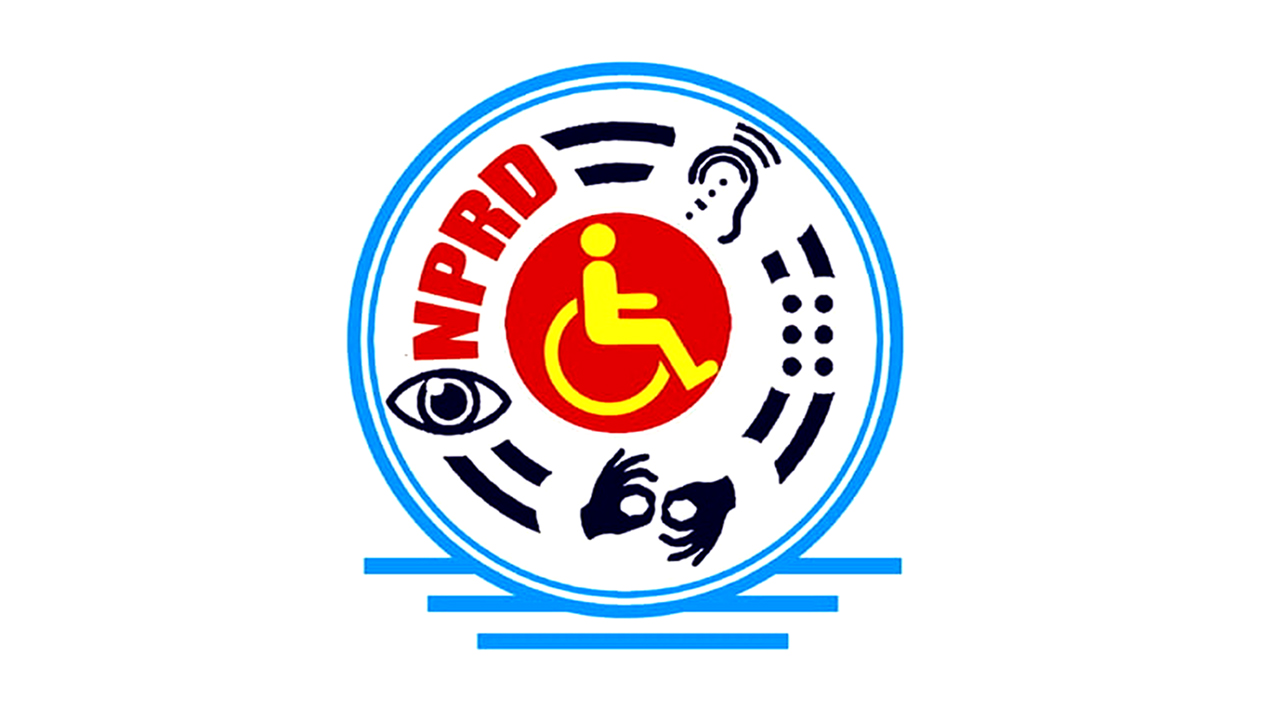Groundxero | 8th February, 2024
In view of the forthcoming elections to the 18th Lok Sabha, the National Platform for the Rights of the Disabled (NPRD) has send a letter to all recognized political parties containing a set of issues specific to persons with disabilities that they think should form part of their manifesto for the elections. The NPRD is an affiliating body of state-level cross-disability organization working for the rights of the disabled in the country.
In the letter, Muralidharan, the General Secretary of NPRD, said, “The disabled are one of the most discriminated and marginalized sections of our society, overwhelming majority of who come from economically weak families. Needless to add that disability accentuates poverty and impacts families and individuals in multiple ways.”
The issues outlined by NPRD have been identified based on the inputs received from grassroots level members and activities, and include the core demands that have been agitating the vast mass of the disabled community in the country.
NPRD appealed political parties to consider these issues for inclusion in their Party’s election manifesto and request that the manifesto be made available in accessible formats.
Issues for Inclusion in Manifesto of Political Parties
- The issues of persons with disabilities need to be recognised as cross-sectoral. In the light of Rights of Persons with Disabilities Act, 2016 (RPD Act), the design of various existing programs should be relooked and be aligned with the objective of RPD Act, for effectiveness. A life-cycle approach should be adopted in this context.
- In line with gender budgeting, disability budgeting should be introduced. 5% allocations across ministries should be earmarked for the disabled.
- Enhanced allocations to be made to the Department of Empowerment of Persons with Disabilities (DEPwD), including for fulfilling the various mandates of the RPD Act and also under the Ministry of Health & Family Welfare for implementation of the Mental Healthcare Act, 2017 and various mental health programmes.
- It is crucial in this context to have disaggregated data.
- Enhanced allocations for making built infrastructure and IT services accessible; more allocations for meeting the “accessible India” targets set for railways as also other modes of transport; more allocations for making education accessible including for promoting augmentative and alternative modes. Meet the deadlines mandated by the RPD Act for accessibility compliance.
- Subsidies be provided to the needy for modification of existing houses to make them accessible.
- Remove GST on aids and appliances.
- Certification: Implement the CRPD Committee’s concluding recommendations: “Reform the guidelines for assessing and certifying disability to bring them into line with the human rights model of disability, ensuring that organizations of persons with disabilities are involved in the reform, that multiple assessments do not create an undue burden for applicants, and that policies and programmes shift from care, treatment and protection towards the removal of environmental and attitudinal barriers, which prevent equality and inclusion”.
- Extend reservations to unaided higher education institutions in the private sector.
- Reservations in employment to be extended to the private sector. Alternatively, penal provisions, or, disincentives like additional cess for establishments with a substantial workforce for not employing disabled persons (like in France, Germany etc), be introduced.
- Mandated days of work should be provided to all disabled who register under MNREGA and full wages be provided to them. Stop Aadhar-based payment system.
- Uniform disability pension of a minimum of Rs 5000/- linked with the minimum wages/cost of living in the state. Depending on the severity and support mechanisms required the amount should be scaled higher. Central Government should drastically enhance its share from the current Rs. 300/-
- An equivalent amount be given to caregivers by introducing a caregiver allowance.
- Taking into consideration disability related costs, additional allocations, not less than 25% mandated by the RPD Act in similar schemes should be made.
- AAY cards be provided to all disabled, as directed by the Delhi High Court.
- Free and universal health coverage for all disabled; health as a right.
- Support to women with disabilities for livelihood and housing as well as for exercising sexual and reproductive rights; priority to disabled women in all schemes and programmes.
- Amend RPD Act to bring under its ambit unrecognized disabilities and rare diseases.
- Remove discriminatory provisions from the RPD Act like in Sec. 3 (3); Sec. 20(1) and 34(1) that legitimise discrimination on grounds of disability; Amend Article 15 & 16 of the Constitution to include “disability” as a ground on which discrimination is prohibited.
- Harmonise all laws in consonance with the provisions of the United Nations Convention on Rights of Persons with Disabilities.
- Extend concessions to all recognized disabilities in all trains. Railways to accept UDID as a valid document.
- Finalise and release the new Disability Policy taking into consideration the inputs received from the disability community.
- Equal opportunities to be provided for all types of sports for disabled persons.
- Appoint fulltime Chief Commissioner for Persons with Disabilities (CCPD) & Chairperson of the National Trust; set up regional offices of the CCPD.
- Lastly, involve disabled persons and their organisations in all decision-making concerning them.

